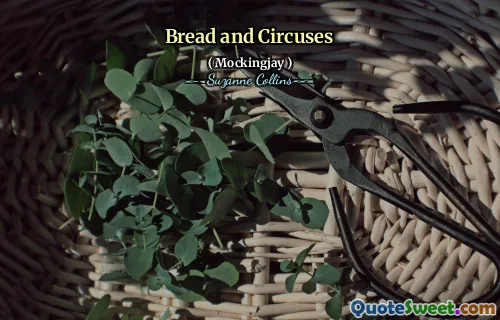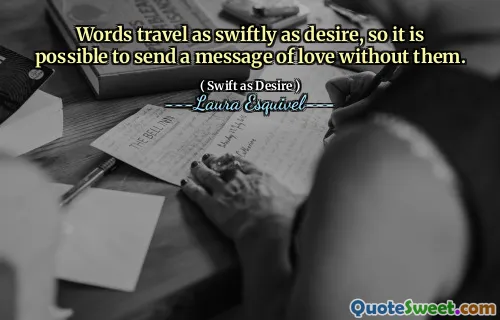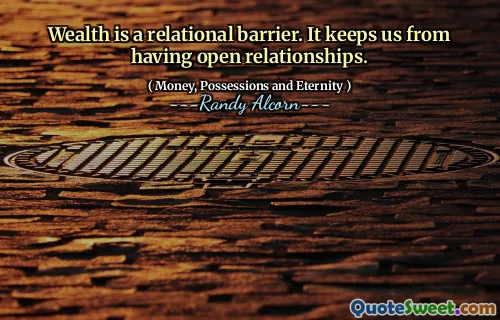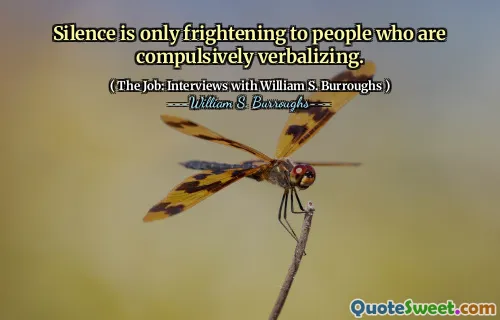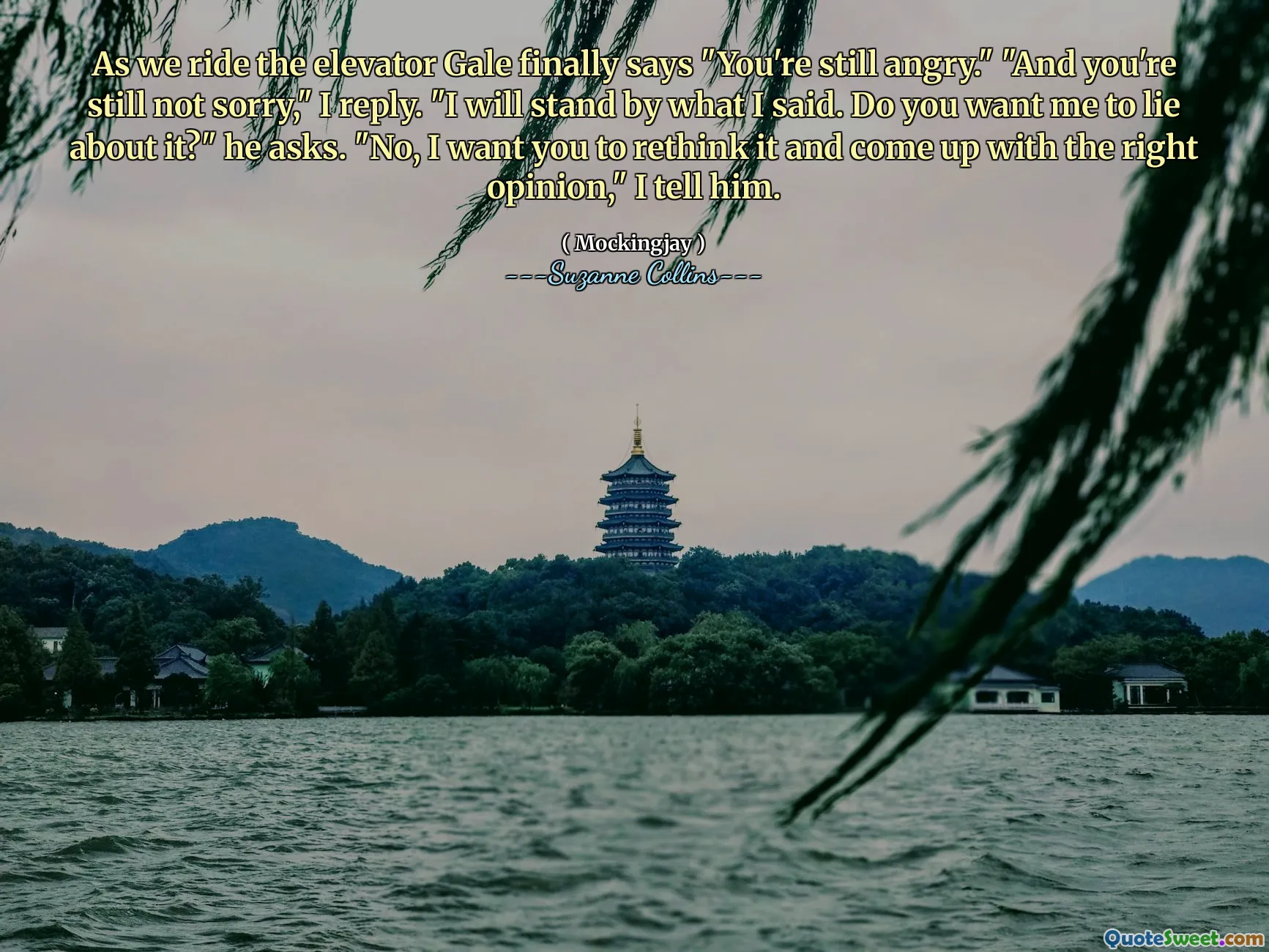
As we ride the elevator Gale finally says "You're still angry." "And you're still not sorry," I reply. "I will stand by what I said. Do you want me to lie about it?" he asks. "No, I want you to rethink it and come up with the right opinion," I tell him.
This exchange between Gale and the narrator captures a moment of raw emotional honesty intertwined with steadfast conviction. The conversation reveals an ongoing conflict where feelings run deep, yet neither party is willing to concede their stance lightly. What I find compelling here is the implicit struggle between truth and perception, and how it plays out in relationships involving strong emotions.
Gale’s declaration that the narrator is still angry suggests a recognition of unresolved tension. The narrator’s immediate response throws back the accusation by highlighting Gale’s lack of remorse, which points to a mutual dissatisfaction. Their interaction unveils a relationship dynamic where accountability and emotional listening might not be fully achieved.
What really stands out to me is the refusal to lie for the sake of peace. When Gale asks if the narrator wants him to lie about his feelings, it suggests that sometimes people can choose comfort over honesty, but in this case, honesty is prized above all. Furthermore, the narrator desires more than just an apology—they want Gale to reconsider his viewpoint deeply and arrive at a 'right opinion'. This intimates a notion that understanding and realignment of values are essential for reconciliation rather than superficial appeasement.
In many ways, this dialogue exemplifies the complexities of human interaction, especially when layered with emotional grievances. It’s a reminder that resolution isn’t just about saying sorry—it's about internalizing the impact of one’s actions and choosing to grow from them. The patience and courage involved in insisting on genuine reflection rather than forced conciliation reflect maturity and a commitment to integrity.
The setting in an elevator is also symbolically interesting—it’s a confined space, moving either up or down, much like their conversation which could lead to a rise in understanding or a crash into further discord. The literal and metaphorical ascent or descent emphasizes the stakes inherent in their discourse.
Overall, this quote from Suzanne Collins’ Mockingjay is a powerful portrayal of emotional honesty, the quest for true understanding, and the challenges that arise when two individuals confront unresolved feelings. It invites readers to consider their own relationships and how they navigate the tension between truth and harmony.
